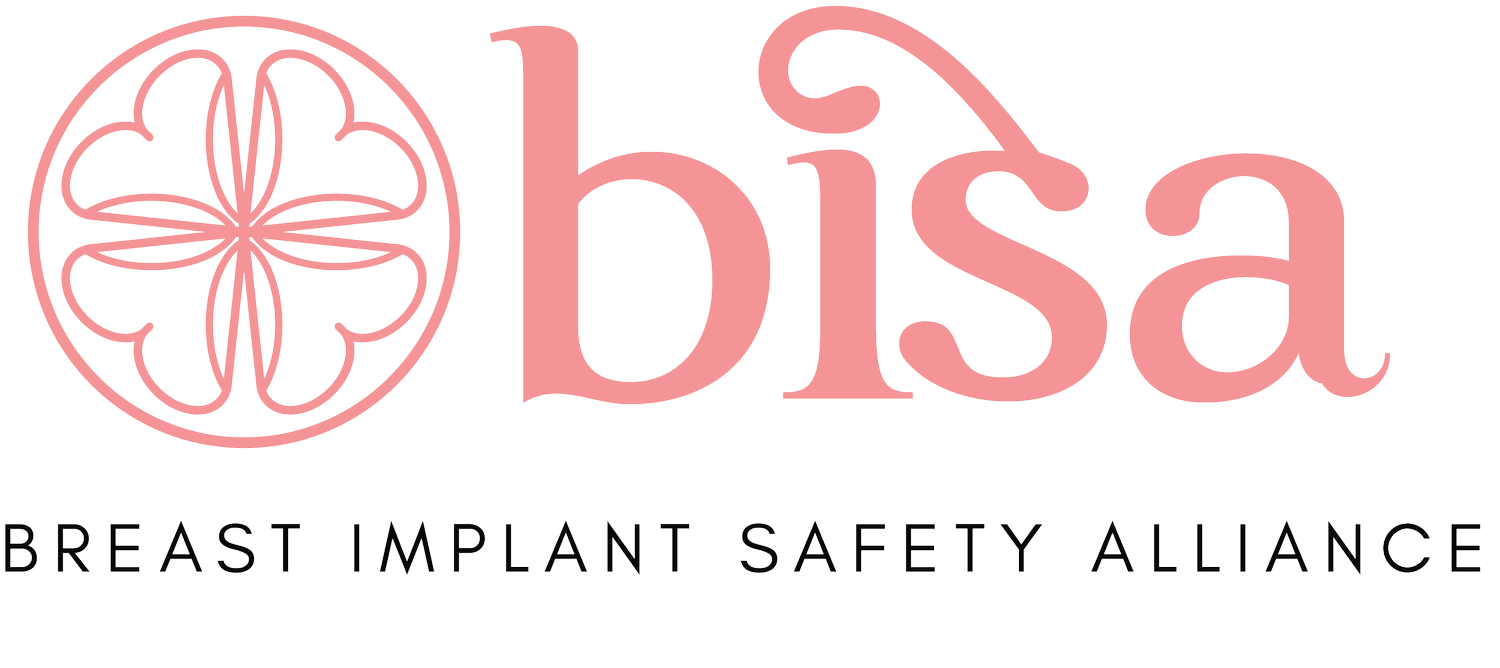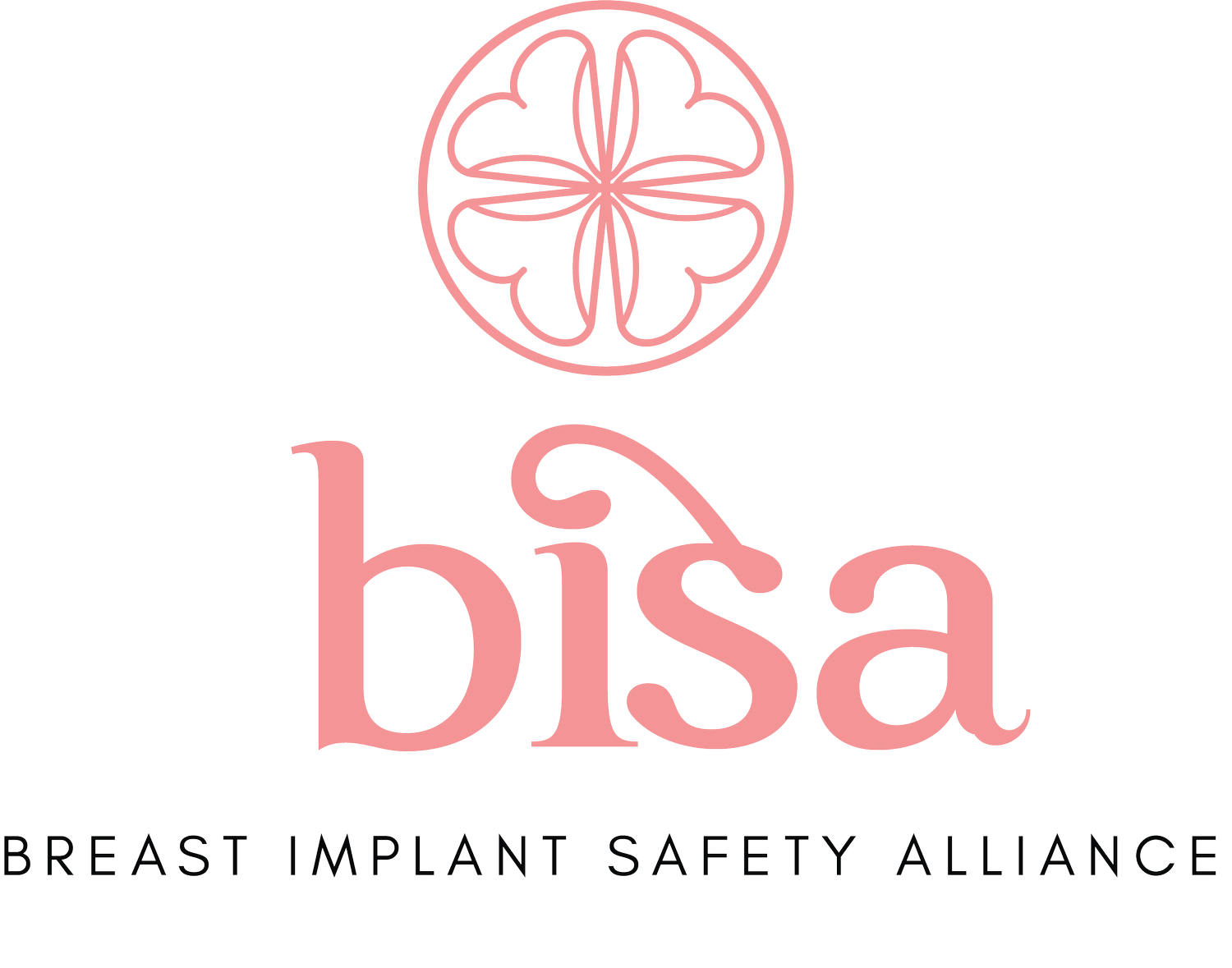FDA Safety Alert: Do Not Use BioZorb Marker Implantable Radiographic Marker Devices
Federal health regulators are alerting doctors to stop using BioZorb Markers due to reports of serious health problems among women who had these implants placed in their breast tissue for targeted cancer treatment.
On October 25, 2024 the U.S. Food and Drug Administration (FDA) released a safety warning about BioZorb Markers, asking doctors to send any unused implants back to the maker, Hologic, Inc. They also asked doctors to keep an eye on patients who already have the implant for any signs of health issues.
Due to issues including implant migration and erosion, a recall was announced for BioZorb Breast Tissue Markers. The manufacturer Hologic, Inc sent the following letter to patients: URGENT: MEDICAL DEVICE RECALL BioZorb® 3D Bioabsorbable Marker.
The BioZorb Marker is a small implant that was approved to help breast cancer survivors and others needing targeted radiation therapy. It’s made of a material that breaks down in the body over time, leaving six tiny titanium clips that stay in place. These clips help doctors locate the exact spot where a tumor was removed.
BISA recommends directly reading the FDA Safety Communication Update: Do Not Use BioZorb Marker Implantable Radiographic Marker Devices: FDA Safety Communication. Addtional information and articles related to this topic listed below.
Our team also noticed that the safety communication from the FDA included a list of Unique Device Identifiers (UDI) related to the device. The unique device identifier (UDI) is a code that helps track individual medical devices in the United States, from when they’re made to when they reach the patient. The UDI makes it easier to report, review, and study any problems with a device so issues can be identified and fixed faster. Use of UDI for improving recalls was highlighted in the MedTech Dive article, Deep Dive 6 ways the FDA can improve medical device recalls.
If you have one of these devices, BISA would like to hear from you. Email us: contact@bisanonprofit.org
According to the FDA:
FDA Recommendations for Patients with a BioZorb Marker and their Caregivers
If you experience any adverse events with your BioZorb Marker, please contact your health care provider.
There is no need to have the device removed from your body (explanted) unless advised by your health care provider.
If your provider is planning radiation therapy treatments, discuss the possible risks with your provider. The FDA has not cleared or approved the use of BioZorb Marker as a marker for radiation treatment.
Report any problems or complications with your BioZorb Marker to the FDA.
FDA Recommendations for Health Care Providers and Facilities
Do not implant BioZorb Markers.
Quarantine and return all lots of unused BioZorb Markers to Hologic.
Review and discuss the Recommendations for Patients above with your patients who have a BioZorb Marker.
Be aware of reports of serious adverse events following the placement of BioZorb Marker devices in breast tissue.
Continue to monitor patients who have an implanted BioZorb Marker for signs of any adverse events.
Be aware the FDA has not cleared or approved the use of BioZorb Markers to fill space in the tissue or to improve cosmetic outcomes after procedures, or as a marker for radiation treatment.
Report any problems or complications your patients experience following the placement of BioZorb Marker devices to the FDA.
Device Description
BioZorb Markers are implantable devices used in soft tissue sites, including breast tissue. BioZorb Markers have two parts: a plastic component that is intended to be dissolved completely in the patient's body in one year or longer, and a titanium metal component that is permanent.
The BioZorb Marker is indicated for radiographic marking of sites in soft tissue. In addition, the BioZorb Marker is indicated in situations where the soft tissue site needs to be marked for future medical procedures.
The BioZorb Marker is not indicated to improve cosmetic outcomes after procedures, fill space in the tissue, or to be a marker for radiation treatment.
Risks Associated with BioZorb Marker in Breast Tissue
Reported complications and adverse events with BioZorb Marker that include serious injuries are:
Pain
Infection
Rash
Device migration (moving out of position)
Device erosion (breaking through the skin)
Seroma (fluid buildup)
Discomfort
Other complications from feeling the device in the breast
FDA Actions
The FDA will continue to work with Hologic to monitor reports of problems with BioZorb Markers, including issues that may develop over time.
The FDA will continue to keep the public informed if significant new information becomes available.
In some instances, additional medical treatment, including having the device removed from the body (explantation), was needed.
View the FDA’s page for a list of recommendations, actions and where to report.
Finding your Device Using the Unique Device Identifier (UDI)
*You can find the UDI provided by Hologic, Inc. for BioZorb Marker and BioZorb LP Marker devices by checking the table on the FDA’s page.
Reporting Problems with Your Device
If you think you had a problem with your device, the FDA encourages you to report the problem through the MedWatch Voluntary Reporting Form.
Health care personnel employed by facilities that are subject to the FDA's user facility reporting requirements should follow the reporting procedures established by their facilities.
References & Resources
BISA: Safety Alerts & Updates
FDA Safety Communication Update: Do Not Use BioZorb Marker Implantable Radiographic Marker Devices
BioZorb Recall Issued for All Breast Tissue Markers Following Implant Migration, Erosion Problems
URGENT: MEDICAL DEVICE RECALL BioZorb® 3D Bioabsorbable Marker
Radiology Business: Hologic recalling breast care devices after 71 injuries, FDA says
MedTech Dive: 6 ways the FDA can improve medical device recalls
MDDI: Hologic BioZorb Marker Recall Identified as Class I
FORCE: Updates from the FDA on breast cancer treatment
Fierce BioTech: FDA upgrades safety alert for Hologic's breast cancer marking implant after 71 reported injuries
About Breast Implant Safety Alliance (BISA)
The Breast Implant Safety Alliance (BISA) is the largest organization of board-certified patient advocates and subject matter experts in the world dedicated to patient and consumer safety relating to breast implants. Representing the millions of individuals worldwide that currently have, had, or are considering breast implants, the alliance is a non-industry funded leading authority dedicated to providing balanced, evidence-based information for informed decision making about breast implant surgery and related issues. Founded in 2019 by women, BISA is a grassroots nonprofit organization led by volunteers who do not receive a salary for their work.
Contact: Maria Gmitro, President | maria@bisanonprofit.org



